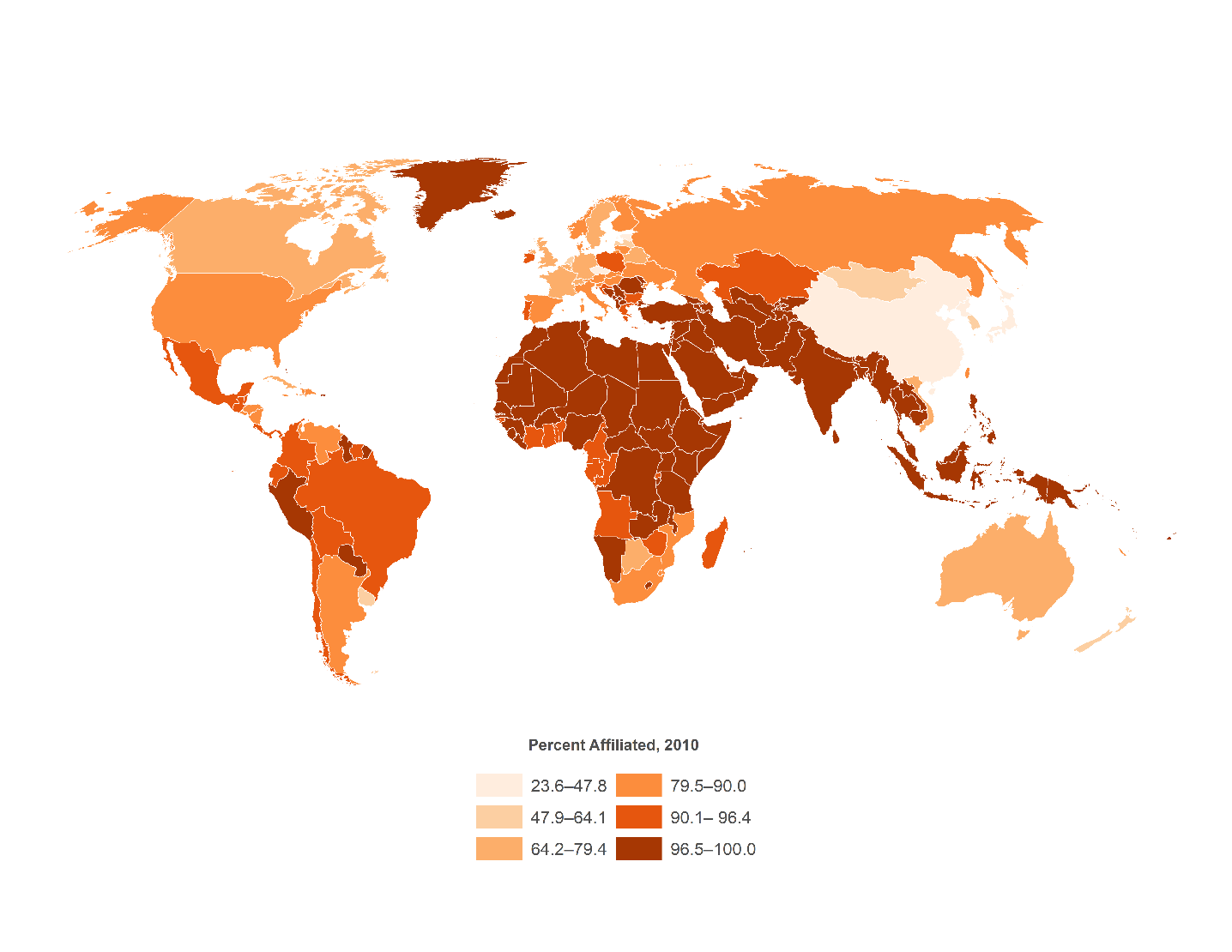Search
5 items
-
What Karl Marx has to say about today's environmental problems
Ted Benton, a Professor of Sociology at the University of Essex, writes about how Marx's theories can be applied to modern environmental issues such as climate change. He talks about how Marx's ideas about capitalism relate to current exploitation of nature, and specifically about soil degradation which was an issue during the 1860s when Marx was alive. He also includes problematic parts of Marx's attitudes towards nature, such as his praise of increased productivity of land that may have inspired Stalin. -
Seeing true nature: Buddhism and the environment
John Worthington-Hill describes how Buddhism can encourage environmental awareness and sustainability. Embracing individuality is our disconnection from the natural world. In order to live in unity with the earth, we must find the 'middle way' (a buddhist morality based on self-discipline). "Self-centeredness is the great illness from which all imbalance, insensitivity and abuse ultimately stem – an illness directly linked to the Buddha’s ‘three poisons of greed, ill-will and delusion’. These poisonous mentalities seep into the collective consciousness and are instilled in the norms and structures of culture and society, helping to direct how politics and economics deal with the environment." "Environmental destruction is therefore an outer manifestation of an inner affliction. If our thoughts are polluted, then our actions will be polluted too, and so will their consequences." -
Environmental Stewardship and Conservation
An article under the Mormon Newsroom from the official website of The Church of Jesus Christ of Latter-day Saints that explains the Church teachings and stance regarding environmental stewardship and conservation. The article also links other Church video resources, as well as a few articles, resources, and a book titled, “Stewardship and the Creation: LDS Perspectives on the Environment”. The book is a compilation of 17 essays that aim to inspire Latter-day Saints to strongly consider the importance of being environmental stewards and protecting God’s creations. -
Overpopulation and the Lifeboat Metaphor: A Critique from an African Worldview
Many scientists have warned that the earth is nearing overpopulation or has already reached its carrying capacity. Garret Hardin proposed the lifeboat ethics metaphor to address this crisis and proper resource distributions. Okyere-Manu comments that this metaphor does not take into account the African political and cultural worldview. Hardin's metaphor is also reliant on inequality which disproportionately affects vulnerable communities. -
How Religion Influences Our Relationship With the Environment
This article, drawing references from a study in the Journal of Religion and Demography, summarizes how religions influence many environmentally relevant behaviors.
The author and his colleagues discovered that countries with a lower religious population utilize more resources and emit more emissions, but they are also better prepared to deal with the environmental difficulties that emerge since they are wealthier. On the other hand, countries with more religious populations tend to use fewer resources, but they also have less capability to address environmental concerns and are more vulnerable to negative consequences, owing to their high levels of poverty and continued population increase.
The link between religion, poverty, environmental impact, and governance is intricate and ever-evolving; the field continues to call for more research.





